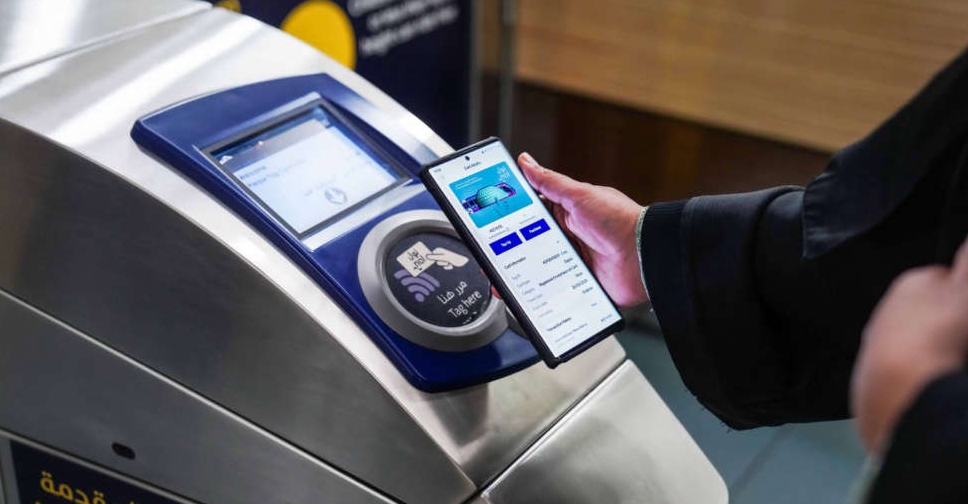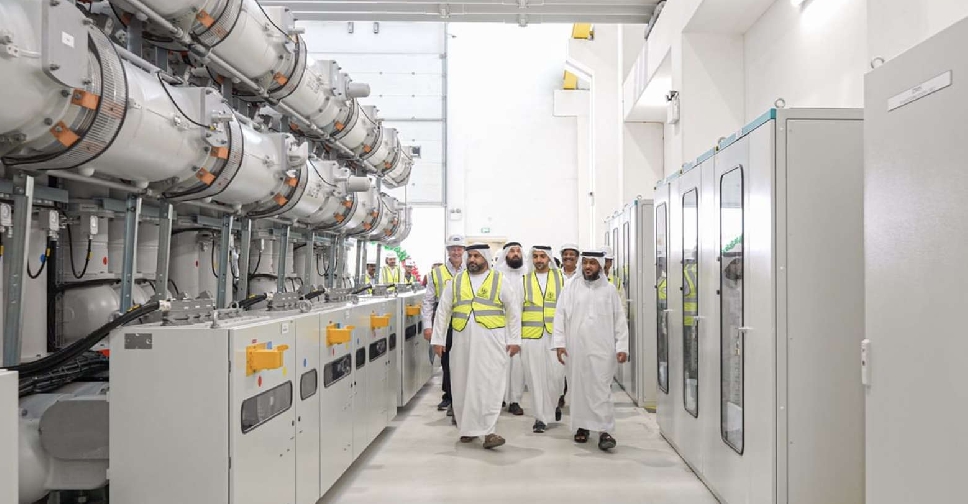
CrowdStrike's routine update of its widely used cybersecurity software, which caused clients' computer systems to crash globally on Friday, apparently did not undergo quality checks before deployment.
The latest version of CrowdStrike's Falcon Sensor software was meant to secure clients' systems against hacking by updating the threats it defends against. However, faulty code in the update files resulted in one of the most widespread tech outages for companies using Microsoft's Windows operating system in recent years.
Global banks, airlines, hospitals and government offices were disrupted. CrowdStrike released information to fix affected systems, but experts said getting them back online would take time as it required manually weeding out the flawed code.
"What it looks like is, potentially, the vetting or the sandboxing they do when they look at code, maybe somehow this file was not included in that or slipped through," said Steve Cobb, chief security officer at Security Scorecard, which also had some systems impacted by the issue.
Problems emerged quickly after the update was rolled out on Friday, and users posted pictures on social media of computers with blue screens displaying error messages. These are known in the industry as "blue screens of death."
Patrick Wardle, a security researcher specialising in studying threats against operating systems, said his analysis identified the code responsible for the outage.
He said the update's problem was "in a file that contains either configuration information or signatures." Signatures are code that detects specific types of malicious code or malware.
"It's very common that security products update their signatures, like once a day... because they're continually monitoring for new malware and because they want to make sure that their customers are protected from the latest threats," he said.
The frequency of updates "is probably the reason why (CrowdStrike) didn't test it as much," he said.
It's unclear how that faulty code got into the update and why it wasn't detected before being released to customers.
"Ideally, this would have been rolled out to a limited pool first," said John Hammond, principal security researcher at Huntress Labs. "That is a safer approach to avoid a big mess like this."
Other security companies have had similar episodes in the past. McAfee's buggy antivirus update in 2010 stalled hundreds of thousands of computers.
However, the global impact of this outage reflects CrowdStrike's dominance. Over half of Fortune 500 companies and many government bodies, such as the top US cybersecurity agency and the Cybersecurity and Infrastructure Security Agency, use the company's software.

 RTA completes 40% nol digital payment system upgrade
RTA completes 40% nol digital payment system upgrade
 OpenAI and Musk agree to fast tracked trial over for-profit shift
OpenAI and Musk agree to fast tracked trial over for-profit shift
 Starship, carrying Tesla's bot, set for Mars by end-2026: Elon Musk
Starship, carrying Tesla's bot, set for Mars by end-2026: Elon Musk
 Tesla warns it could face retaliatory tariffs
Tesla warns it could face retaliatory tariffs
 Abu Dhabi Fund for Development launches luxury hotel project in Egypt
Abu Dhabi Fund for Development launches luxury hotel project in Egypt




